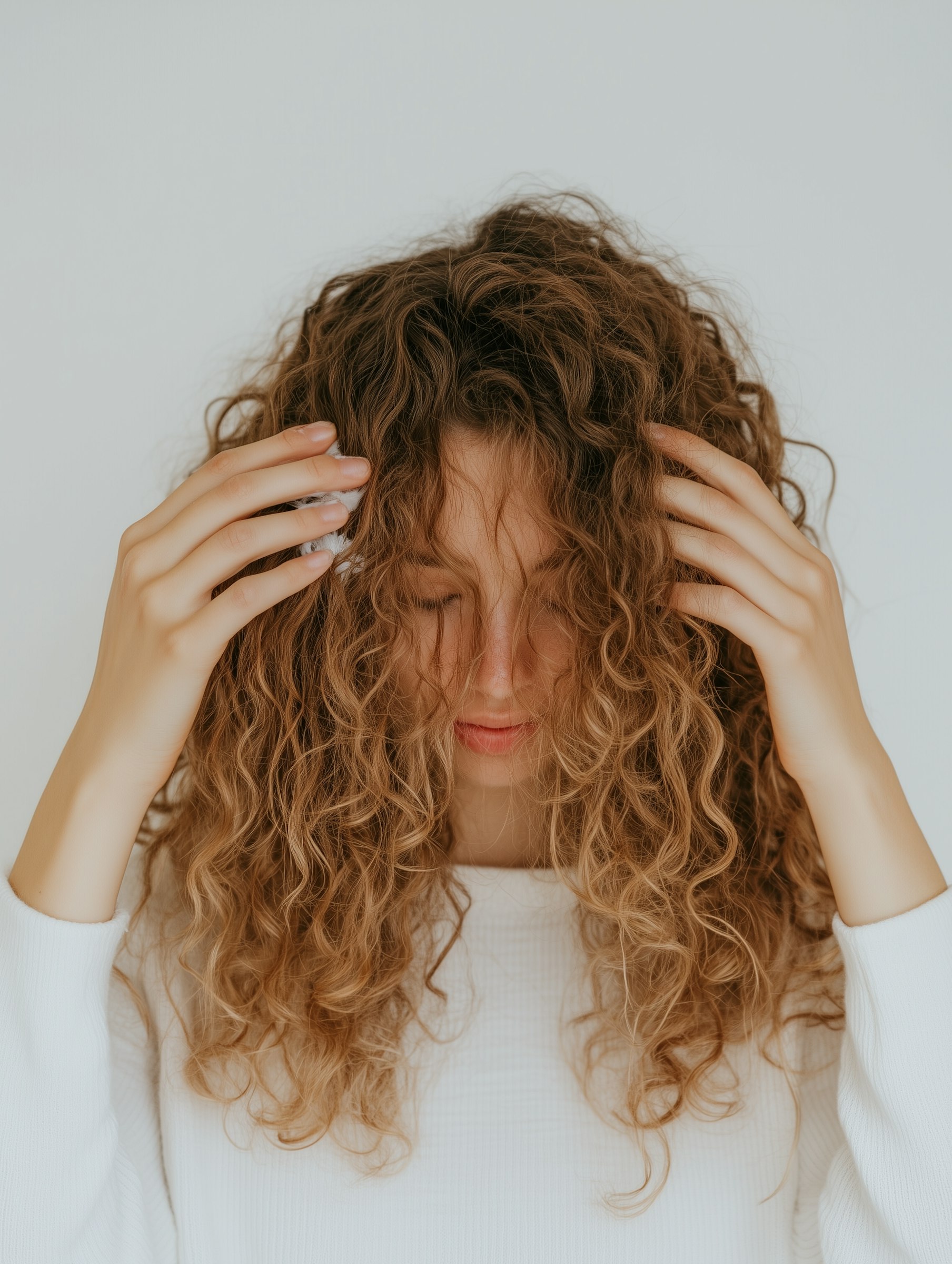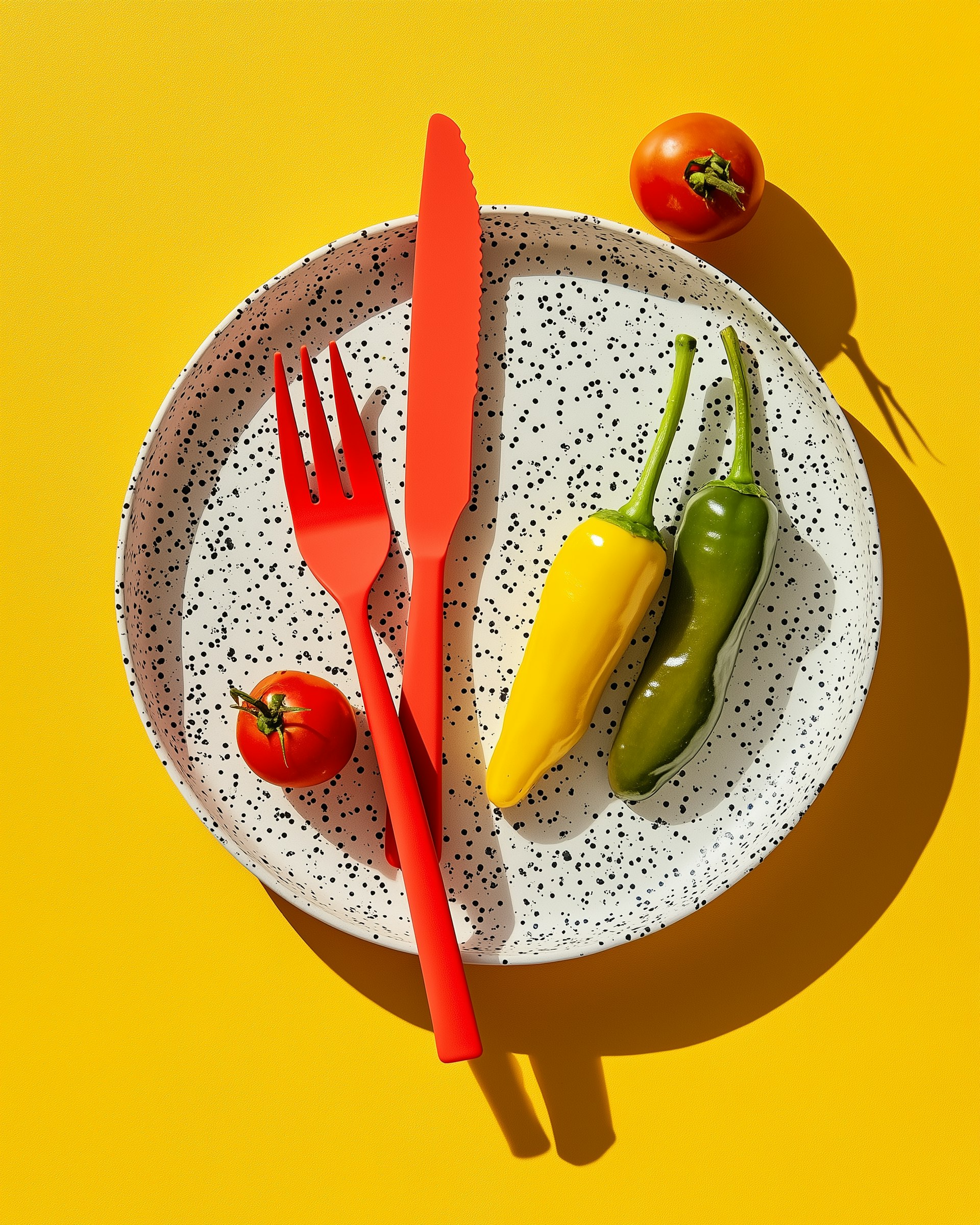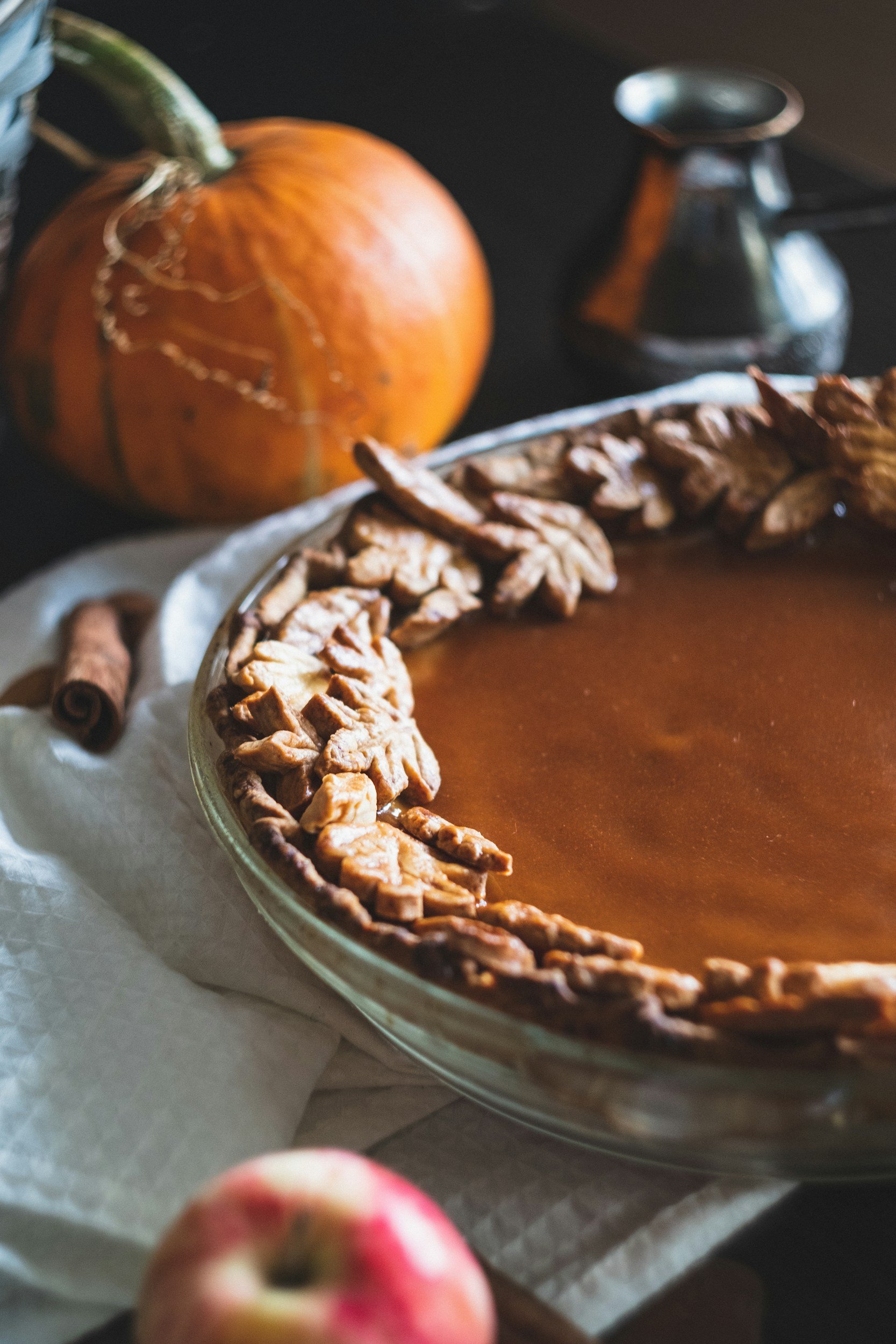
Discover the timeless power of herbs for vibrant, healthy hair. From ancient civilizations to modern clean beauty trends, botanical ingredients have been cherished for their transformative effects on hair and scalp health. Explore how traditional herbs can be incorporated into your hair care routine for stronger, shinier locks. Learn practical tips to revitalize your hair using the wisdom of plant-based remedies.
In our perpetual pursuit of luscious locks and vibrant hair, many have turned to nature’s bountiful offerings for answers. Herbs have long been cherished for their myriad benefits, and when it comes to hair care, they offer a holistic approach that addresses internal and external factors. Across cultures and epochs, be it the intricate formulations of Ayurvedic practitioners or the revered herbal traditions of Indigenous peoples, the transformative power of plants in hair care has been celebrated with reverence.
From traditional Chinese remedies to adaptogenic wonders, incorporating herbs into your daily regimen can provide comprehensive support for hair growth and overall hair health. Whether you’re seeking to concoct the perfect scalp tonic or integrate collagen-boosting formulations into your daily wellness routines, this guide extends beyond the realm of theoretical musings into the practical domain of application for navigating plant-based hair care with confidence and finesse.
Ancient Beauty Secrets: Herbs in Cosmetics
Cosmetics have been part of human life for thousands (yes, thousands!) of years, helping our ancestors to look good, keep their skin healthy, maintain their teeth, and even express their cultural or religious beliefs by painting their skin. Plants have held cultural significance in many societies, with indigenous knowledge systems preserving traditional herbal remedies for skin and hair care.
The use of herbs in cosmetics dates back to ancient civilizations such as Egypt, Greece, and Rome, where botanical extracts were employed for their therapeutic and beautifying properties. Herbal knowledge was transmitted across cultures through trade routes and cultural exchanges, leading to the adoption of various botanical ingredients in cosmetics worldwide.
The Renaissance period saw a resurgence of interest in herbal remedies, with herbalists and apothecaries compiling manuscripts detailing the medicinal and cosmetic uses of herbs. However, the Industrial Revolution brought about significant changes in cosmetic production, with the mass production of synthetic ingredients overshadowing traditional herbal formulations. Before the arrival of these synthetic beauty tools in the 1900s, everything used in cosmetics came directly from nature—plants, minerals, and animals.
Fast forward to the 1990s and early 2000s, and natural ingredients were back in style. Many people grew tired of seeing toxic chemicals in their beauty products, and companies raced one another to stand out in the crowd. Scientific research has increasingly validated the efficacy of herbal ingredients in cosmetics, highlighting their antioxidant, anti-inflammatory, and skin-nourishing properties. In recent years, there has been a renewed interest in natural and herbal cosmetics, driven by consumer demand for safer, more sustainable alternatives to synthetic products.
Remember: Natural does not mean safe. For more insights into non-toxic ingredients for healthy skin, check out my ultimate guide to non-toxic living.
Nature’s Botanical Treasures for Hair Health
In the realm of natural remedies for hair health and vitality, a variety of traditional herbs have garnered acclaim for their remarkable properties. Let’s delve into these botanical wonders and how they can be integrated into your hair care routine:
-
He Shou Wu (Fo-Ti): Hailing from traditional Chinese medicine, He Shou Wu stands out for its renowned anti-ageing and hair-nurturing capabilities. Internally, incorporating He Shou Wu as a supplement can foster hair growth and stave off premature greying. When applied externally, it serves as a nourishing agent in hair masks or rinses, fortifying the scalp and bolstering hair follicles.
-
Nettle: Bursting with essential vitamins A, C, K, and vital minerals such as iron and silica, Nettle emerges as a potent ally for hair wellness. Whether sipped as nettle tea or ingested through supplements, it promotes hair growth from within. Externally, incorporating nettle into hair rinses or shampoo formulations can mitigate hair fall and impart a lustrous shine.
-
Gotu Kola: Esteemed for its proficiency in bolstering blood circulation, Gotu Kola emerges as a champion in fortifying hair follicles and promoting growth. Whether imbibed as a soothing tea or incorporated into skincare routines, its benefits extend to both internal and external realms, fostering scalp stimulation and augmenting hair thickness.
-
Gynostemma: Aptly dubbed the “herb of immortality,” Gynostemma boasts a plethora of benefits, including enhancing energy, stamina, and strength while combating fatigue. Rich in minerals, it fortifies hair health, potentially slowing down the greying process according to some studies. Utilize it in hair rinses to infuse strands with nourishment and amplify their natural shine.
Harnessing the Power of Plants: Tips and Tricks
While incorporating these herbs into your hair care routine can yield transformative results, it’s essential to approach their usage with mindfulness and care.
Here are some key tips to keep in mind:
-
Internal vs. External: Some herbs, like He Shou Wu and Nettle, can be consumed internally as supplements or teas to support hair growth from within. Others, like Gotu Kola and Gynostemma, are better suited for external application in hair masks, rinses, or shampoo formulations.
-
Quality Matters: Opt for high-quality, organically grown herbs from reputable sources to ensure potency and purity. When using supplements, always follow dosage instructions and consult with a healthcare professional if you have any concerns.
-
Consistency is Key: Like most natural remedies, the benefits of herbal hair care are best realized through consistent, long-term usage. Incorporate these herbs into your daily routines for optimal results.
-
Personalization: Every individual’s hair type and concerns are unique. Experiment with different herbs and combinations to find the perfect blend tailored to your specific needs.
By mindfully integrating the wisdom of nature and adding these potent herbs to your hair care regimen, you can slowly revitalize your hair, and allow them to become healthier and more resilient.
Have you joined The Call, yet? Tap here to learn about this one-of-its-kind experience, and start creating the life you deserve!







Comments +